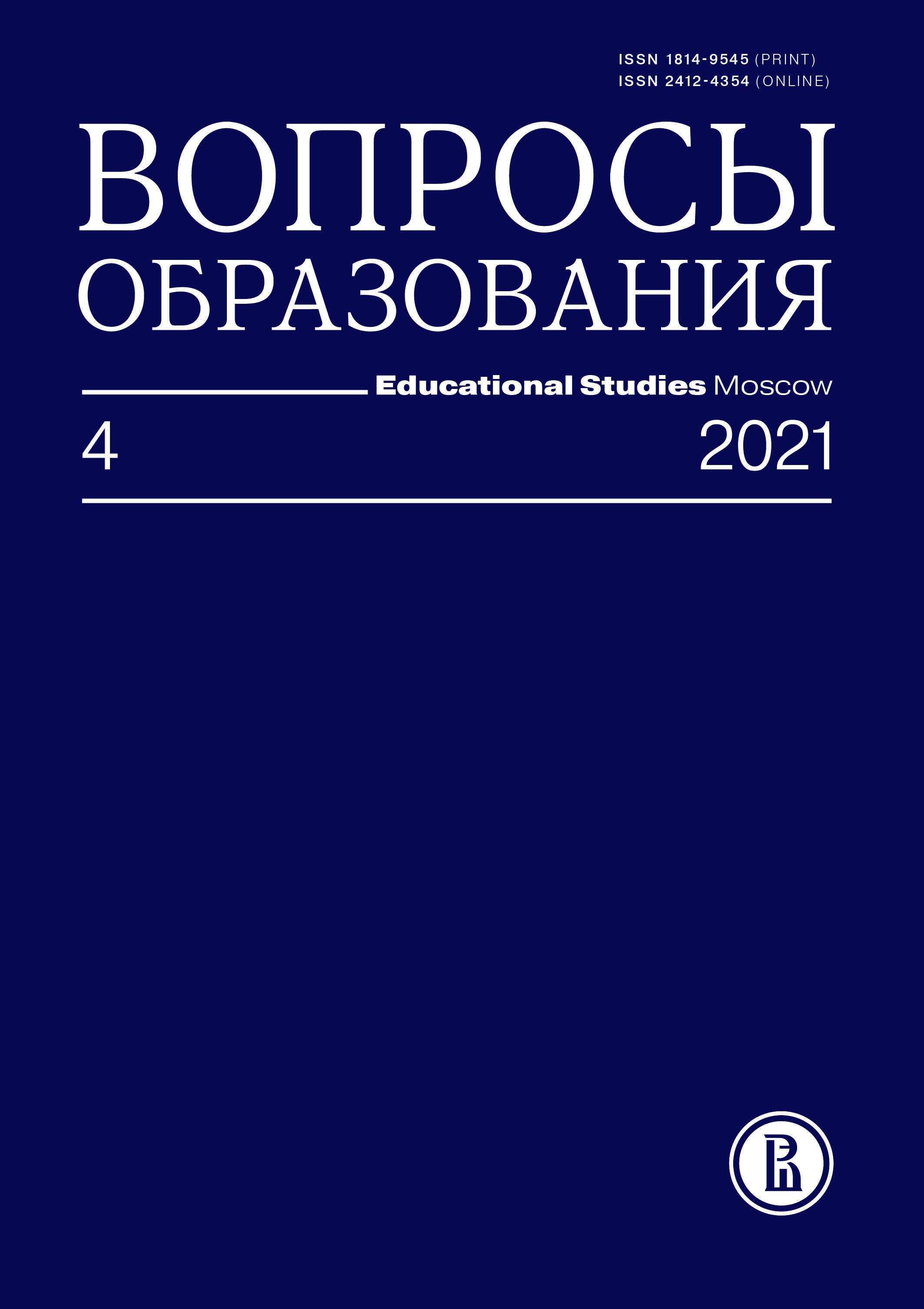Развивая цифровую педагогику: вклад образовательного дизайна. Рецензия на книгу: Beetham H., Sharpe R. (2020) Rethinking Pedagogy for a Digital Age
Аннотация
Авторы коллективной монографии «Переосмысливая педагогику в цифровую эпоху: принципы и практики дизайна» считают, что цифровое общество не только формирует запрос на освоение новых навыков и способов учить и учиться, но и порождает вызовы в области экономики, цифровой безопасности, конфиденциальности, этики. Они показывают, как образовательный дизайн отвечает на вызовы цифровизации, помогает определить, чему сегодня надо учить, какие образовательные результаты нужны студентам, какие необходимы ресурсы, технологии, обучающая среда, как меняется роль преподавателя. В первой части монографии, «Принципы и теории обучения», обсуждается поиск фундамента для решений в образовательном дизайне, предложены три перспективы: ассоциативная, когнитивная и ситуативная. Учебные активности рассматриваются как фокус образовательного дизайна, образовательные результаты понимаются как четко определенные изменения, которые ожидаются от обучающегося. В ответ на растущий запрос на методы социального обучения в цифровой среде предложены идеи относительно дизайна коллаборативного онлайн-обучения и смешанного обучения для обучающихся сообществ. Во второй части монографии, «Практики», авторы подводят итоги более чем 10-летней практической работы. На примере ряда кейсов университетов Австралии и Великобритании показано, как проекты в области педагогического дизайна помогли решить стратегические задачи по реализации новой модели выпускника, по интенсификации исследовательской деятельности преподавателей и ее более тесной интеграции в образовательный процесс, по массовому переходу на смешанное обучение. В третьей части, «Будущее», обсуждаются проблемы и перспективы образовательного дизайна для мобильного обучения, а также для профессионального обучения. Критически оцениваются датафикация образования, учебная аналитика.
Рассматриваемая монография представляет собой важный шаг в переосмыслении роли педагогического дизайна в новых реалиях цифрового мира. Принципы дизайна обучения обсуждаются и адаптируются в ней с учетом происходящей трансформации роли студента и преподавателя, изменений учебной среды и ожидаемых образовательных результатов. Особую актуальность идеи авторов монографии приобретают в условиях интенсивной цифровизации образования, обусловленной пандемией COVID‑19, и высокого спроса на качественный редизайн образовательных продуктов.








